FPC stands for Flat Plate Collector, which is a key component of a solar water heater system. This article will provide a detailed explanation of what an FPC is and how it works in the context of a solar water heater. Solar water heaters are devices that use the sun’s energy to heat water. They are a more sustainable and cost-effective alternative to traditional water heating methods that rely on fossil fuel consumption. Solar water heaters can be divided into two main types: active and passive systems. The FPC is typically used in active systems, where a pump is used to circulate water through the system. A Flat Plate Collector (FPC) is a solar energy absorbing device that consists of a flat, rectangular, insulated box with a transparent cover (usually made of glass or acrylic) on top. Inside the box, there is a dark-colored metal plate called the absorber, which is coated with a special material to maximize the absorption of solar radiation.
solar water
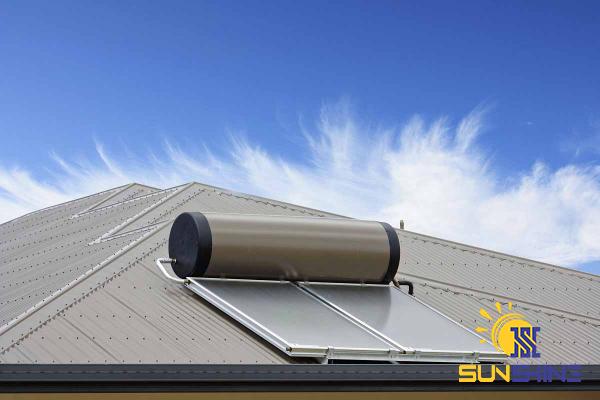 The absorber is usually made of copper or aluminum because of their excellent thermal conductivity properties. The FPC acts as a heat exchanger, absorbing the sun’s radiation and transferring that heat to the water flowing through it. The transparent cover allows sunlight to enter the box and traps the heat inside, creating a greenhouse effect. The absorber plate absorbs the solar radiation and converts it into heat energy. This heat is then transferred to the water circulating through small tubes or channels that run along the absorber plate. The water flows through these tubes, absorbing the heat from the absorber plate, and gets heated up as it passes through the collector. The heated water is then stored in an insulated tank for later use. A circulation pump ensures a continuous flow of water through the collector, maximizing heat transfer efficiency. The FPC is designed to optimize the absorption of solar radiation and minimize heat loss.
The absorber is usually made of copper or aluminum because of their excellent thermal conductivity properties. The FPC acts as a heat exchanger, absorbing the sun’s radiation and transferring that heat to the water flowing through it. The transparent cover allows sunlight to enter the box and traps the heat inside, creating a greenhouse effect. The absorber plate absorbs the solar radiation and converts it into heat energy. This heat is then transferred to the water circulating through small tubes or channels that run along the absorber plate. The water flows through these tubes, absorbing the heat from the absorber plate, and gets heated up as it passes through the collector. The heated water is then stored in an insulated tank for later use. A circulation pump ensures a continuous flow of water through the collector, maximizing heat transfer efficiency. The FPC is designed to optimize the absorption of solar radiation and minimize heat loss.
Specifications of solar water
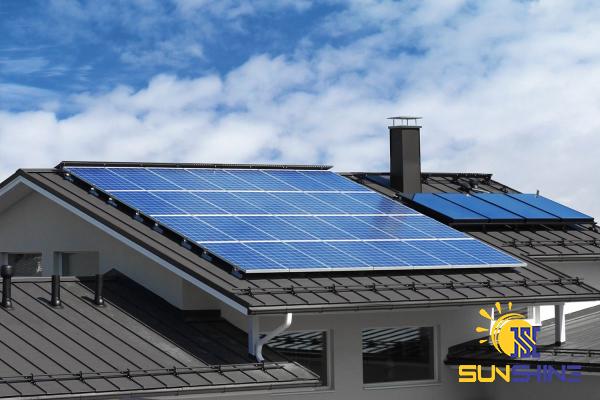 The transparent cover of the collector is made of a material that has high transmissivity for solar radiation but low emissivity for infrared radiation. This helps to prevent heat from escaping the collector, allowing it to reach higher temperatures. To further improve heat retention, the FPC is often insulated with materials such as rock wool or foam insulation. The insulation helps to minimize heat loss from the sides and bottom of the collector, ensuring that the maximum amount of heat is transferred to the water. In addition to the absorber plate and insulation, the FPC also includes other components such as an aluminum or steel casing to provide structural support and protect the collector from external damage. It may also have a selective coating on the absorber plate to enhance its solar absorption properties. This coating is designed to absorb a broad range of solar radiation wavelengths and reduce energy loss due to reflection. FPCs are versatile and can be mounted in various ways to suit different installation requirements. They can be mounted on rooftops or on the ground using specially designed stands. The orientation and tilt angle of the collectors are important factors that determine the amount of solar radiation they can capture. Ideally, the FPC should be facing the equator and tilted at an angle equal to the latitude of the location to optimize its solar exposure.
The transparent cover of the collector is made of a material that has high transmissivity for solar radiation but low emissivity for infrared radiation. This helps to prevent heat from escaping the collector, allowing it to reach higher temperatures. To further improve heat retention, the FPC is often insulated with materials such as rock wool or foam insulation. The insulation helps to minimize heat loss from the sides and bottom of the collector, ensuring that the maximum amount of heat is transferred to the water. In addition to the absorber plate and insulation, the FPC also includes other components such as an aluminum or steel casing to provide structural support and protect the collector from external damage. It may also have a selective coating on the absorber plate to enhance its solar absorption properties. This coating is designed to absorb a broad range of solar radiation wavelengths and reduce energy loss due to reflection. FPCs are versatile and can be mounted in various ways to suit different installation requirements. They can be mounted on rooftops or on the ground using specially designed stands. The orientation and tilt angle of the collectors are important factors that determine the amount of solar radiation they can capture. Ideally, the FPC should be facing the equator and tilted at an angle equal to the latitude of the location to optimize its solar exposure.
buy solar water
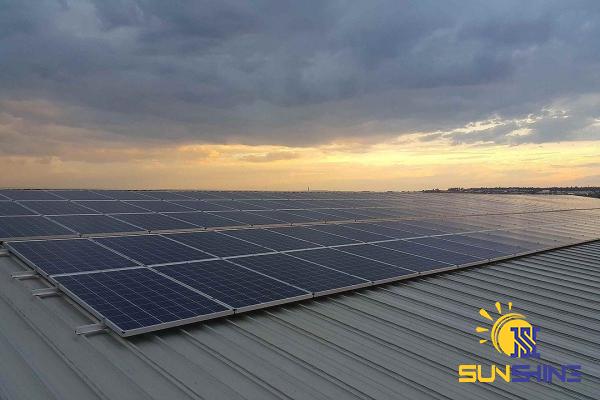 The performance of FPCs is measured in terms of their efficiency, which is the ratio of the heat energy absorbed by the collector to the total solar energy incident on it. The efficiency of FPCs can vary depending on factors such as the design, materials used, and operating conditions. Higher efficiency collectors can produce more hot water with less solar radiation, making them more cost-effective and environmentally friendly. In conclusion, a Flat Plate Collector (FPC) is a critical component of a solar water heater system that absorbs solar radiation and transfers heat to water. It consists of a rectangular insulated box with a transparent cover, an absorber plate coated with a special material, and tubes or channels for water circulation. The FPC is designed to maximize heat absorption and minimize heat loss, contributing to the overall efficiency of the solar water heating system. By harnessing the power of the sun, FPCs offer a sustainable and economical solution for water heating needs.
The performance of FPCs is measured in terms of their efficiency, which is the ratio of the heat energy absorbed by the collector to the total solar energy incident on it. The efficiency of FPCs can vary depending on factors such as the design, materials used, and operating conditions. Higher efficiency collectors can produce more hot water with less solar radiation, making them more cost-effective and environmentally friendly. In conclusion, a Flat Plate Collector (FPC) is a critical component of a solar water heater system that absorbs solar radiation and transfers heat to water. It consists of a rectangular insulated box with a transparent cover, an absorber plate coated with a special material, and tubes or channels for water circulation. The FPC is designed to maximize heat absorption and minimize heat loss, contributing to the overall efficiency of the solar water heating system. By harnessing the power of the sun, FPCs offer a sustainable and economical solution for water heating needs.
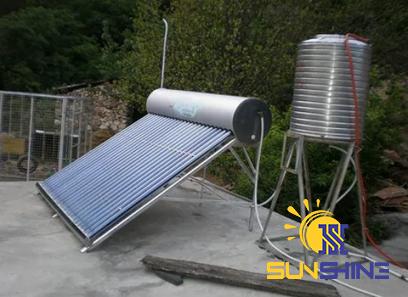
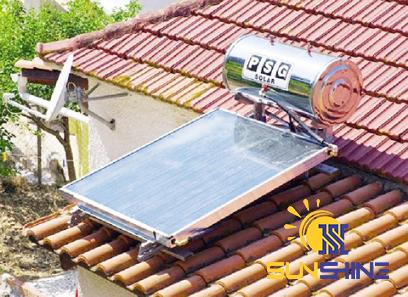
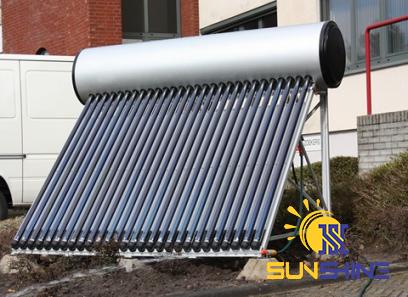
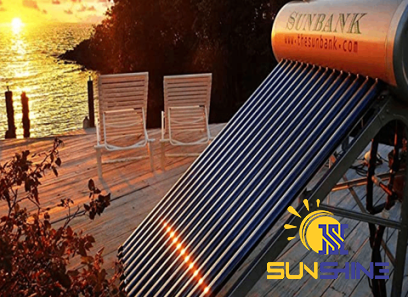
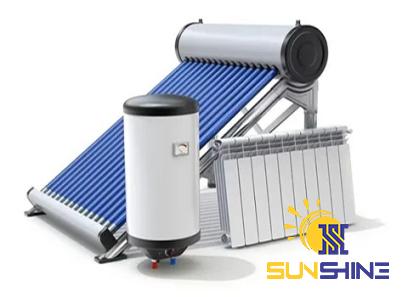
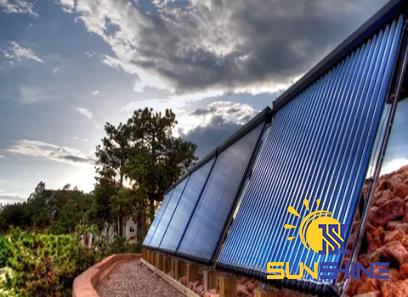
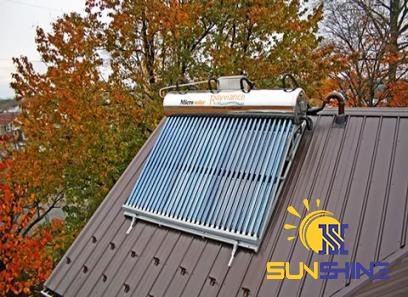
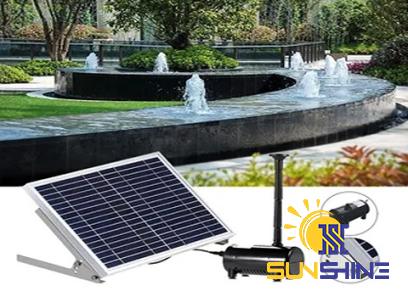
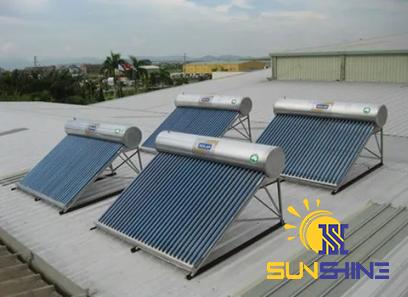
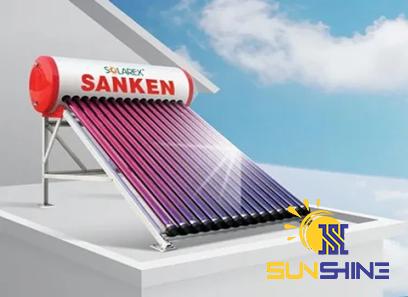
Your comment submitted.